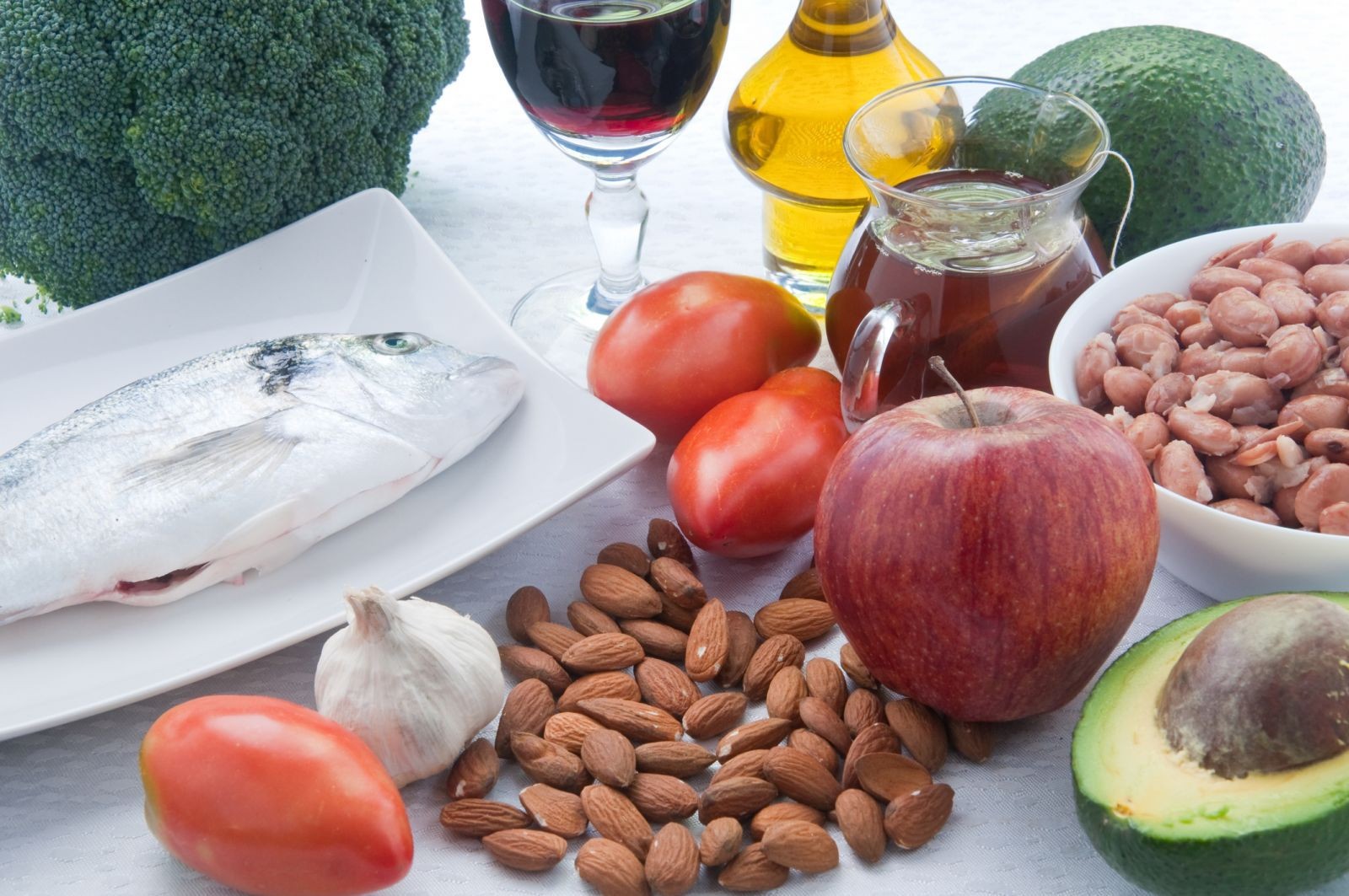Cholesterol is a waxy substance found in your blood that your body needs to build healthy cells. However, high cholesterol levels can increase your risk of heart disease. While many foods contain cholesterol, it’s important to understand that dietary cholesterol has less impact on blood cholesterol levels than saturated and trans fats. The real question isn’t just “What Foods Have No Cholesterol?” but also “what foods help lower cholesterol?” This article explores foods that are naturally cholesterol-free and provides insights into building a heart-healthy diet.
Understanding Cholesterol and Its Sources
Before diving into cholesterol-free foods, it’s essential to understand different types of cholesterol. Low-density lipoprotein (LDL) cholesterol, often called “bad” cholesterol, can build up in the arteries and increase the risk of heart disease. High-density lipoprotein (HDL) cholesterol, or “good” cholesterol, helps remove LDL from the arteries. While dietary cholesterol contributes to overall cholesterol levels, saturated and trans fats have a greater impact on raising LDL.
Foods Naturally Free of Cholesterol
Cholesterol is only found in animal products. Therefore, all plant-based foods are inherently cholesterol-free. Here’s a breakdown of food groups that contain no cholesterol:
1. Fruits: All fruits, from apples to zucchini (yes, zucchini is botanically a fruit!), are cholesterol-free. They also offer beneficial fiber, vitamins, and antioxidants. Focus on a variety of fruits like berries, citrus fruits, and bananas.
2. Vegetables: Similar to fruits, all vegetables are cholesterol-free. Load up on leafy greens, cruciferous vegetables (broccoli, cauliflower), and root vegetables (carrots, potatoes).
3. Grains: Whole grains like oats, barley, quinoa, brown rice, and wheat are cholesterol-free and offer fiber, which can help lower LDL cholesterol. Be mindful of added sugars and unhealthy fats in processed grain products.
4. Legumes: Beans, lentils, peas, and other legumes are cholesterol-free and packed with protein and soluble fiber. They are also a great source of iron and other essential nutrients.
5. Nuts and Seeds: While nuts and seeds are high in fat, they contain healthy unsaturated fats and are cholesterol-free. Choose almonds, walnuts, flaxseeds, chia seeds, and other varieties in moderation.
6. Plant-Based Oils: Oils derived from plants, such as olive oil, canola oil, sunflower oil, and avocado oil, are cholesterol-free and rich in healthy fats. These oils can help lower LDL cholesterol when used in place of saturated fats.
 Fresh and colorful variety of fruits and vegetables displayed on a table
Fresh and colorful variety of fruits and vegetables displayed on a table
Alt Text: Diverse selection of fresh fruits and vegetables showcasing cholesterol-free food options for a healthy diet.
Foods That Can Help Lower Cholesterol
While many foods are naturally cholesterol-free, some can actively help lower cholesterol levels. Incorporating these into your diet can significantly improve your heart health:
1. Oats: Oatmeal is an excellent breakfast choice for lowering cholesterol. The soluble fiber in oats binds to cholesterol in the digestive system, preventing its absorption into the bloodstream.
2. Barley: Similar to oats, barley is a whole grain rich in soluble fiber. Adding barley to soups, stews, or salads can help lower LDL cholesterol.
3. Beans: Beans are a powerhouse of soluble fiber. Regular consumption of beans can help lower LDL levels and improve overall heart health.
4. Eggplant and Okra: These vegetables are good sources of soluble fiber and are low in calories, making them a healthy addition to any diet.
5. Nuts: Although high in fat, nuts contain healthy unsaturated fats that can help lower LDL cholesterol. Almonds, walnuts, and other nuts are great snack options in moderation.
6. Vegetable Oils: Using liquid vegetable oils like canola, sunflower, and olive oil instead of butter or lard can help lower LDL cholesterol.
7. Apples, Grapes, Strawberries, Citrus Fruits: These fruits are rich in pectin, a type of soluble fiber that lowers LDL.
8. Foods Fortified with Sterols and Stanols: Plant sterols and stanols block the body’s absorption of cholesterol. Many foods, like margarine and orange juice, are now fortified with these compounds.
9. Soy: Soybeans and soy products like tofu and soy milk can modestly lower LDL cholesterol. Aim for about 25 grams of soy protein per day.
10. Fatty Fish: While fish contains cholesterol, fatty fish like salmon, mackerel, and tuna are rich in omega-3 fatty acids, which can lower triglycerides and improve heart health. Choose these over red meat, which is high in saturated fat.
Building a Cholesterol-Friendly Diet
Creating a heart-healthy diet is about more than just avoiding cholesterol-containing foods. It’s about focusing on a balanced diet rich in fruits, vegetables, whole grains, and lean protein sources. Here are some tips for building a cholesterol-friendly diet:
- Prioritize plant-based foods: Make fruits, vegetables, and whole grains the foundation of your diet.
- Choose healthy fats: Opt for unsaturated fats from olive oil, avocados, nuts, and seeds.
- Limit saturated and trans fats: Reduce your intake of red meat, processed foods, and fried foods.
- Increase fiber intake: Aim for 20-35 grams of fiber per day, with at least 5-10 grams from soluble fiber.
- Read food labels: Pay attention to the saturated fat, trans fat, and cholesterol content of packaged foods.
Conclusion
While “what foods have no cholesterol” is a valid question, a more comprehensive approach involves understanding how different foods impact your cholesterol levels. By focusing on a diet rich in plant-based foods, healthy fats, and soluble fiber, you can effectively manage your cholesterol and improve your overall heart health. Remember to consult with a healthcare professional or registered dietitian for personalized dietary advice.